Audiobooks
Essential Scholar books are now available as audiobooks! Be sure to check back often, as more are being released regularly!
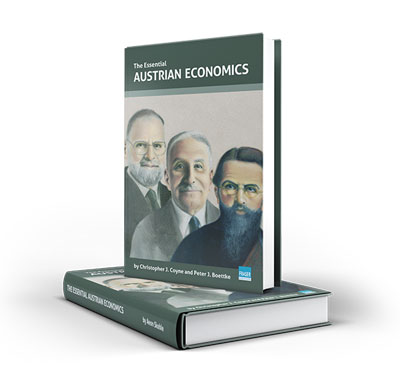
The Essential Austrian Economics
The origin of the Austrian School of economics is the publication of Carl Menger’s Principles of Economics in 1871. Menger, William Stanley Jevons, and Léon Walras are considered the co-founders of the “marginal revolution” in economics, a shift to the marginal utility theory of value from the labour theory of value. The revolutionists argued that value is not based on the amount of labour expended but reflects how useful people perceive the commodity to be in satisfying their ends.
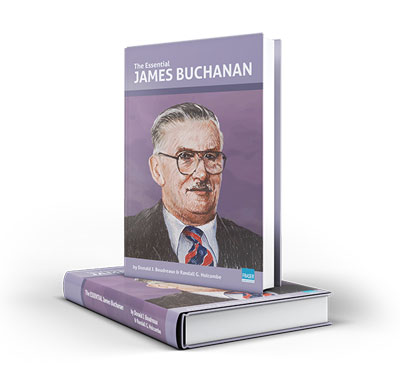
The Essential James Buchanan
Many of the works on Buchanan’s extensive list of publications stemmed from a single insight from early in his career: because neither the state nor society is a singular and sentient creature, a great deal of analytical and policy confusion is spawned by treating them as such. Collections of individuals cannot be fused or aggregated together into a super-individual about whom economists and political philosophers can usefully theorize in the same ways that they theorize about actual flesh-and-blood individuals.
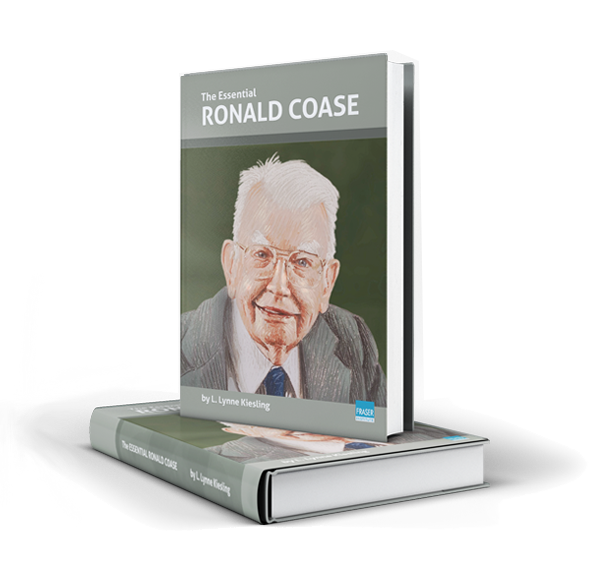
The Essential Ronald Coase
Ronald Coase (1910-2013) was one of the most influential economists of the 20th century. His influence is due largely to two publications, the only two cited in the announcement of his Nobel Prize: “The Nature of the Firm” (1937) and “The Problem of Social Cost” (1960). These two articles are among the most-cited works in economics. The ideas Coase developed in these two works led to entirely new fields of inquiry in economics, law, management, and political science, and in conjunction with his article on using markets to allocate radio spectrum (Coase 1959), spawned new market design theory and practice that helped to transform our society and enable innovation and digitization.
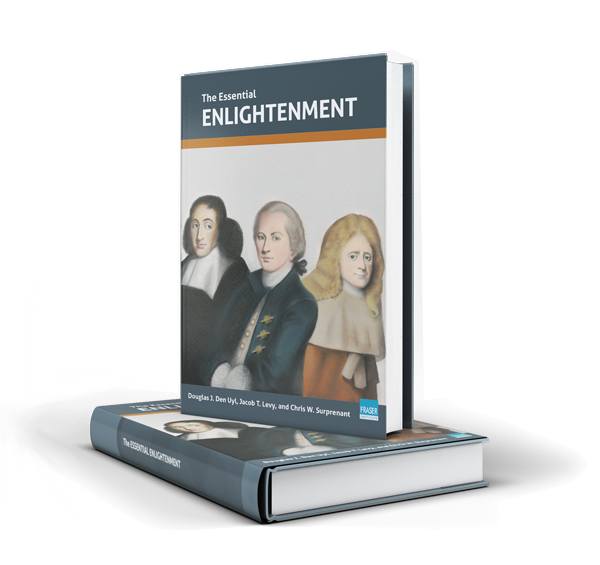
The Essential Enlightenment
The political ideas that fully came together under the name “liberal” in the early nineteenth century—the ideas we often now refer to as “classical liberalism”—emerged out of major debates and developments from the late 1600s to the late 1700s, part of the broad European intellectual movement of that era that came to be known as “the Enlightenment.”
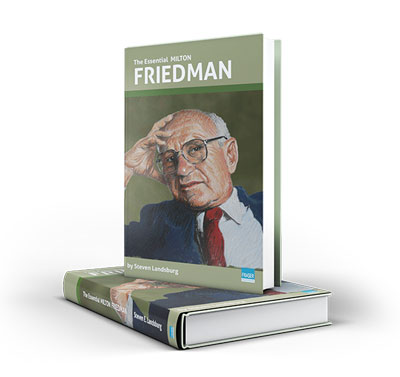
The Essential Milton Friedman
When economists are called “influential,” it usually means they’ve changed the way other economists think. By that standard, Milton Friedman was one of the most influential economists of all time. He revolutionized the way economists think about consumption, about money, about stabilization policy, and about unemployment. He demonstrated the power of committing oneself to a few simple assumptions about human behaviour and then relentlessly pursuing their logical implications.
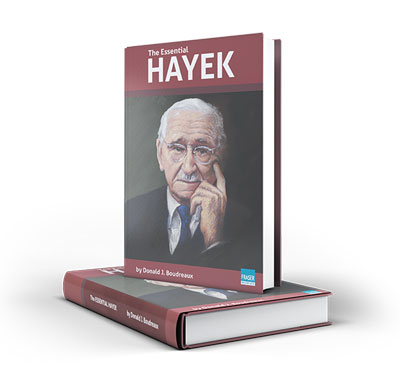
The Essential Hayek
Nobel laureate economist F.A.Hayek first revolutionized economists' understanding of markets, and then profoundly challenged the public's understanding of government. Hayek is one of only a few social scientists over the past 200 years who thoroughly rethought the relationship between individual people and both the market and the state. While countless works have discussed the importance of Hayek and his ideas, none have focused on making his core ideas accessible to average people. This volume highlights and explains Hayek's basic insights in plain language to ensure that his critical ideas about the nature of society are both accessible and enduring.
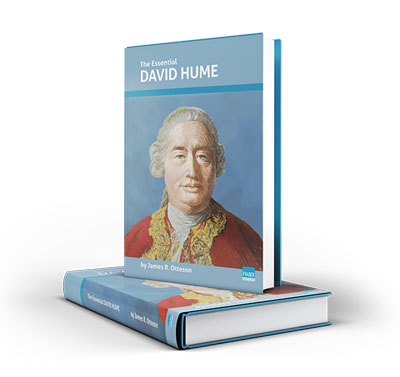
The Essential David Hume
David Hume (1711–1776) is a towering and intriguing figure. He was the preeminent philosopher in what is now called the Scottish Enlightenment, a time that was “crowded with genius” and in a place regarded as the rebirth of the golden era of Athens. His writing displayed an astonishing range, addressing everything from metaphysics to politics, and in subject after subject he produced fresh, novel, and brilliant insights.
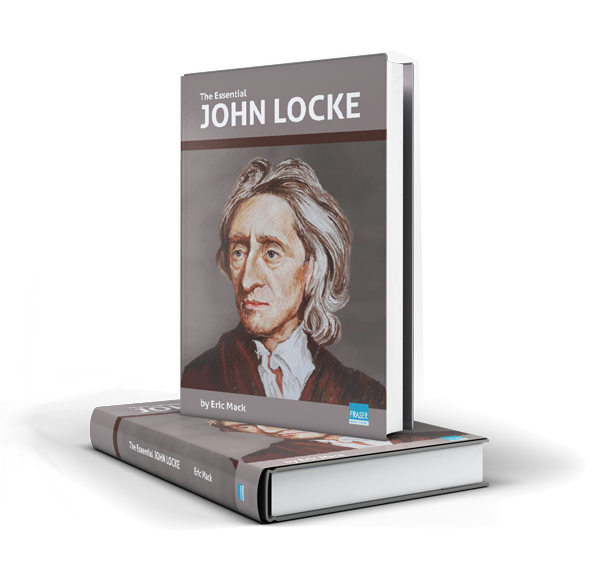
The Essential John Locke
No single individual is ever the sole founder of any major stance in political philosophy. Nevertheless, if one were forced to name the founder of the classical liberal perspective in political thought which holds as its primary political principle that individual liberty is to be respected and protected one would have to point to the English philosopher John Locke.
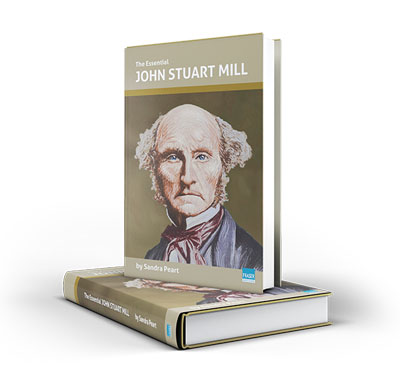
The Essential John Stuart Mill
Mill had a very extraordinary, strenuous education, overseen by his ambitious father James, who believed that one becomes improved via education and, once educated, that is the end of the matter. John Mill was reading Greek at age three and Latin at the age of eight. He was at heart always reform-minded, however, and his more mature views allowed that people might come to realize how best to reform, remake, and improve themselves. In fact, reform-mindedness is a major theme in Mill’s life.
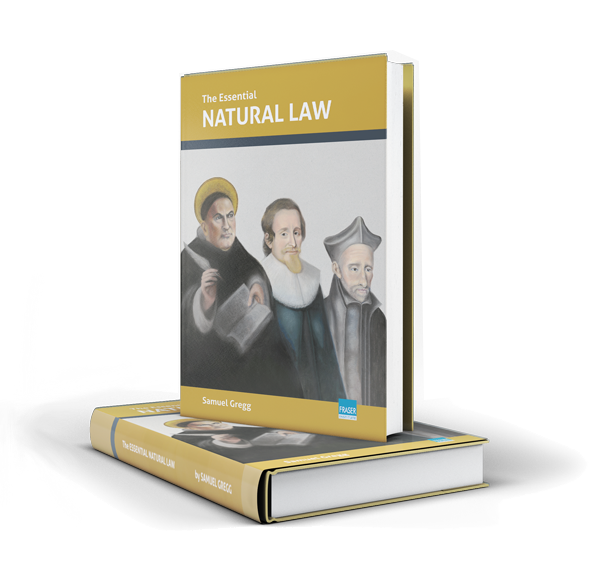
The Essential Natural Law
Few ideas have been as influential in the development of moral, political, legal, and economic thought in the broad Western tradition as the idea of natural law. It is also true that the understanding of natural law and its influence on specific norms and institutions—rights, justice, private property, rule of law, limited government, etc.—is not anywhere near as widespread in the twenty-first century as it was just 100 years ago. This book aims to help rectify this deficit by explaining the basic principles of natural law and highlighting significant contributions that key natural law scholars have made to ideas and concepts that have encouraged the growth of free societies.
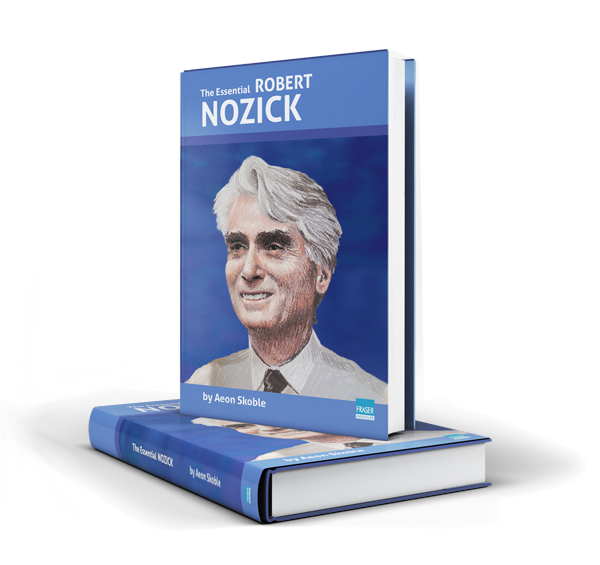
The Essential Robert Nozick
Robert Nozick was a professor of philosophy at Harvard University who is most famous for his contributions to political philosophy. His 1974 book Anarchy, State, and Utopia helped establish the classical liberal or libertarian perspective as a viable alternative to redistributive egalitarian liberalism and to socialism. Despite many philosophers’ disagreements with Nozick’s arguments, those arguments could not be ignored.
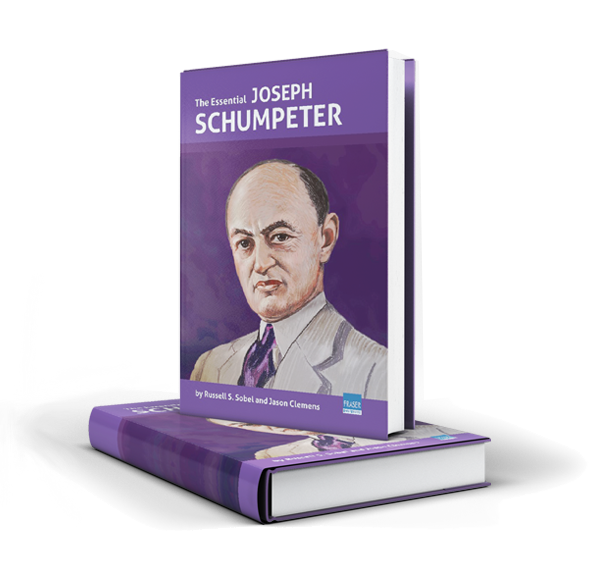
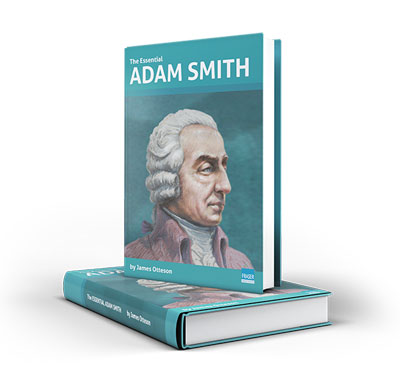
The Essential Adam Smith
Adam Smith (1723–1790) is widely hailed as the founding father of the discipline now known as economics, and he is widely credited as the founding father of what is now known as capitalism. Smith’s 1776 book, An Inquiry into the Nature and Causes of the Wealth of Nations, is often cited as the beginning of both economics and capitalism, and its influence since its publication ranks it among the most important works of the last millennium.
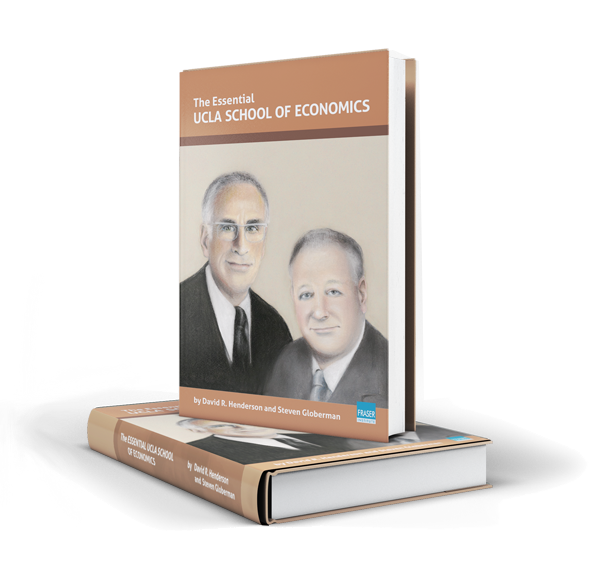
The Essential UCLA School of Economics
The UCLA tradition carries on in the work of dozens of economists who earned their PhDs at UCLA during its golden years. Because their work spread beyond UCLA, the tradition lives on in the work of scores of economists who had no formal connection with the School. The most important economists at UCLA during the 1970s were Armen Alchian, Harold Demsetz, Sam Peltzman, Benjamin Klein, Robert Clower, Alex Leijonhufvud, Jack Hirshleifer, William Allen, and George Hilton.

The Essential Women of Liberty
The thinkers discussed in this volume are a remarkably diverse group. They were born in the eighteenth, nineteenth, and twentieth centuries, and their work extends into the twenty-first. Some are economists primarily addressing other scholars, others popular writers aiming at the general public. Their educational backgrounds range from entirely informal schooling to PhDs from major universities. They include a former telegraph operator, a one-time Hollywood wardrobe department manager, and a graduate of secretarial school. Some were shaped by the frontier, others by the city. They are storytellers and data collectors, committed Christians and confirmed atheists, devoted to family life and resolutely single. Two are recognized here as the intellectual partners of their illustrious spouses.



